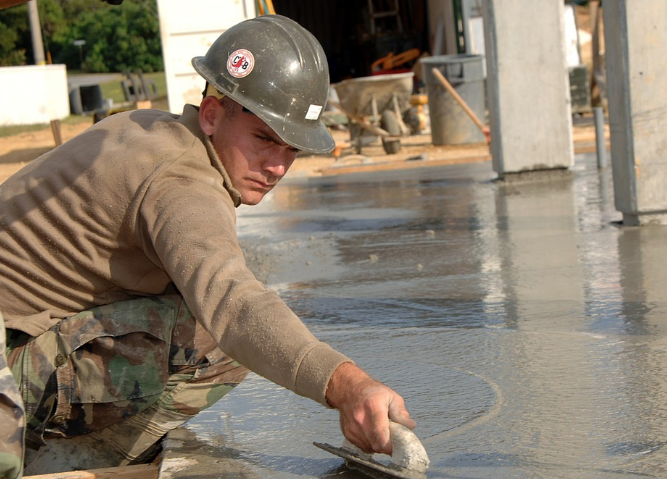Concrete construction involves many different types of cement. What about cement vs concrete? What are the key properties, advantages, and challenges of each? The main types of cement include: hydrographic cement, expansive cement, air entraining cement, white cement, high alumina cement, blast furnace slag cement, sulfates resisting cement, low heat cement, quick setting cement, rapid hardening cement, Portland Pozzolana cement, and ordinary Portland cement. Let’s go over some of the key types.
Know the Difference
What is cement? Cement vs Concrete:
- Cement is not the same as concrete
- Many people mix the terms
- Cement is a concrete ingredient
- Concrete is a mix of paste and aggregates (often sand, gravel, or crushed stone)
Ordinary Portland Cement and Portland Pozzolana Cement
The most popular type of cement for concrete construction is Ordinary Portland Cement. Construction projects use ordinary Portland cement globally for a wide range of construction projects. Portland Pozzolana Cement has a higher resistance to chemicals. Construction companies use Portland Pozzolana Cement for sewage projects, marine structures, and any concrete exposed to water like bridges and dams.
Rapid Hardening Cement and Quick Setting Cement
Construction companies use rapid hardening cement for prefabricated concrete construction and road projects. The mixture hardens in three days, allowing for earlier removal of formwork. Quick setting cement also sets earlier but with lower strength.
White Cement and Colored Cement
Both of these types of cement are used primarily decoratively for architectural design. Contact our professionals about customizing your concrete construction. White cement can be used for swimming pools and garden ornaments.
High Alumina Cement
High Alumina Cement has high comprehensive strength. The cement is more workable and ideal for projects subject to frost, extreme temperatures, and acid.
Contact our experienced professionals today about your concrete construction needs. We are ready to help you.










